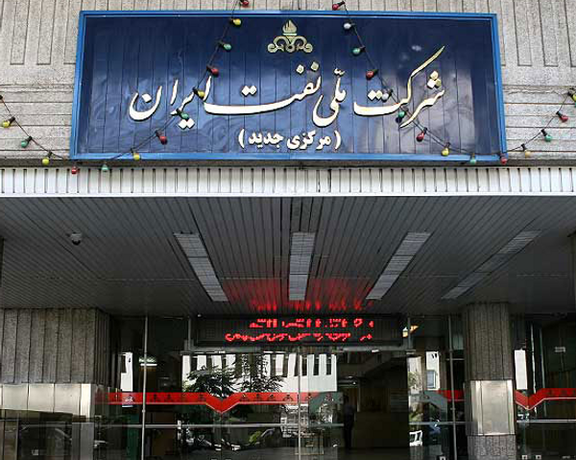UAE Gas Firm Wins $600 Million In Long-Running Dispute With Iran

A court of arbitration has ruled against Iran over failure to supply Sharjah-based Dana Gas in a 2001 energy deal marred by a price dispute and graft allegations.

A court of arbitration has ruled against Iran over failure to supply Sharjah-based Dana Gas in a 2001 energy deal marred by a price dispute and graft allegations.
United Arab Emirates energy firm Dana Gas in a stock-market filing Tuesday to the Abu Dhabi Securities Exchange, where it is listed, said an international arbitration tribunal had awarded it $607.5 million in a gas supply dispute with the state-owned National Iranian Oil Company (NIOC).
Iranian officials have not commented on the fine over the controversial deal, which has been mired in arguments over pricing and allegations of corruption.
The damages awarded to Dana are for the first eight and a half years of the 25-year agreement signed in 2001 and due to start in 2005. Dana Gas said in its statement that a final hearing on a "much larger claim" for the outstanding 16 and a half years, 2014-2030, had been set for October 2022 in Paris with a decision due in 2023.
"The current award of US$607.5 million (AED 2.23 billion) will significantly bolster the balance sheet of Dana Gas," the statement claimed.
NIOC’s contract with Crescent Petroleum, an affiliate of Sharjah-based Dana Gas, stipulated a supply by pipeline to Sharjah over 25 years of 525 million cubic feet (15 million m3) daily of natural gas from Salman oil and gas field in the Persian Gulf, 144km south of Lavan Island. None has ever arrived.
The contract was agreed during the second term reformist president Mohammad Khatami. But the gas did not flow as agreed once the new administration of President Mahmoud Ahmadinejad, elected 2005, queried a price of $18 per 1,000 m3, or $98.5 million annually.
Critics of the deal in Tehran said Iran would lose out financially due to a low price and described the deal as corrupt.
Crescent Petroleum filed a case against NIOC in 2009 with an international court of arbitration, and in 2010 the NIOC cancelled the contract. Iran then ignored a 2013 arbitration court ruling in The Hague in 2013 that found Iran liable.
Dana Gas chief executive Patrick Allman-Ward in 2017 said the company was ready to receive the gas, and Iranian oil minister Bijan Zanganeh said Iran was ready to deliver. Iran had been under multilateral international energy sanctions from 2007 until 2015, but was then in 2018 put under US ‘maximum pressure sanctions’ that threaten punitive action against third parties dealing with the Iranian financial sector.
Behzad Ahmadinia, Cyprus-based energy reporter, told Iran International Tuesday that Iran could have gained under the 2001 deal revenue of $700 million in the first eight and a half years of the contract.